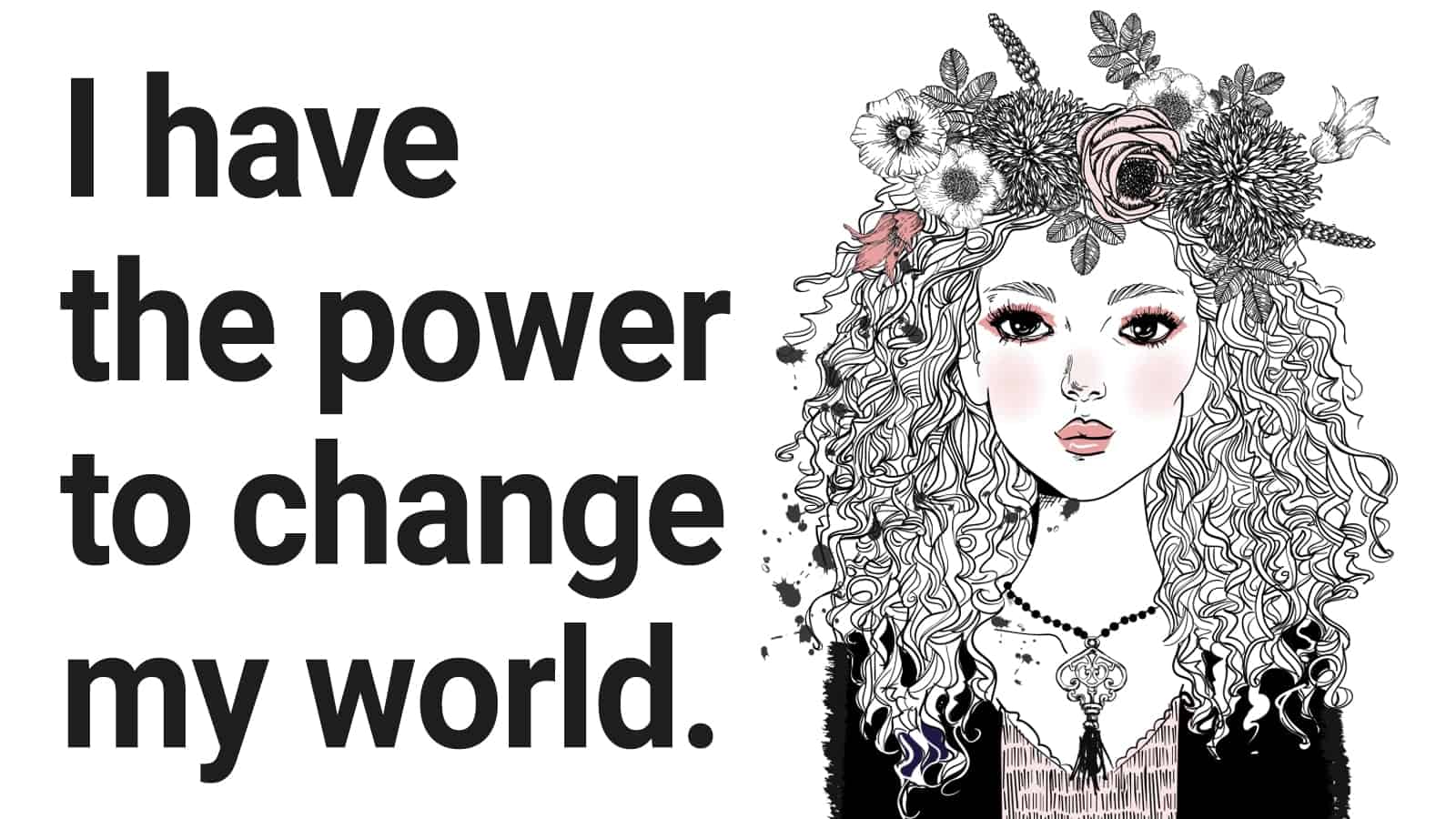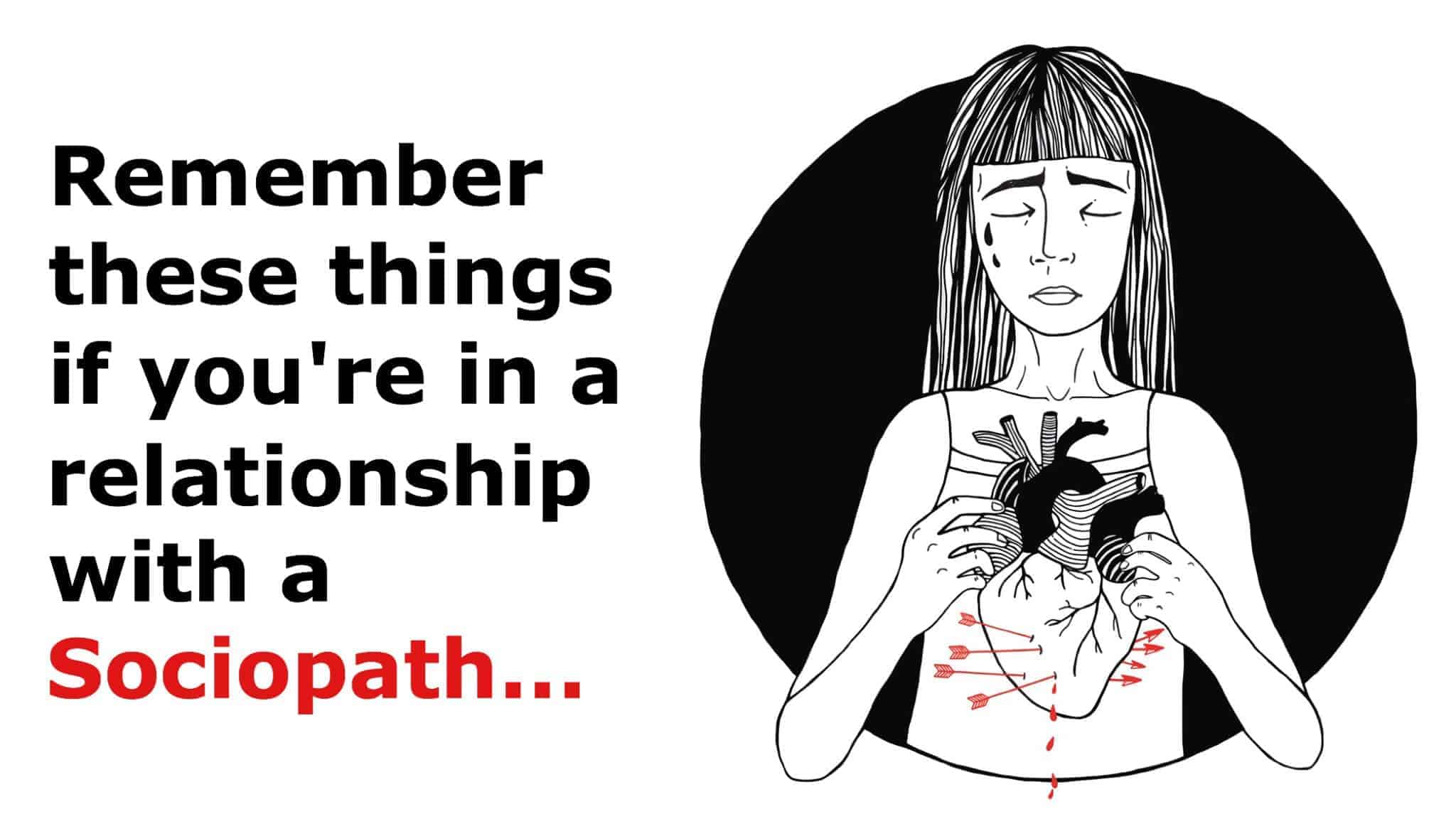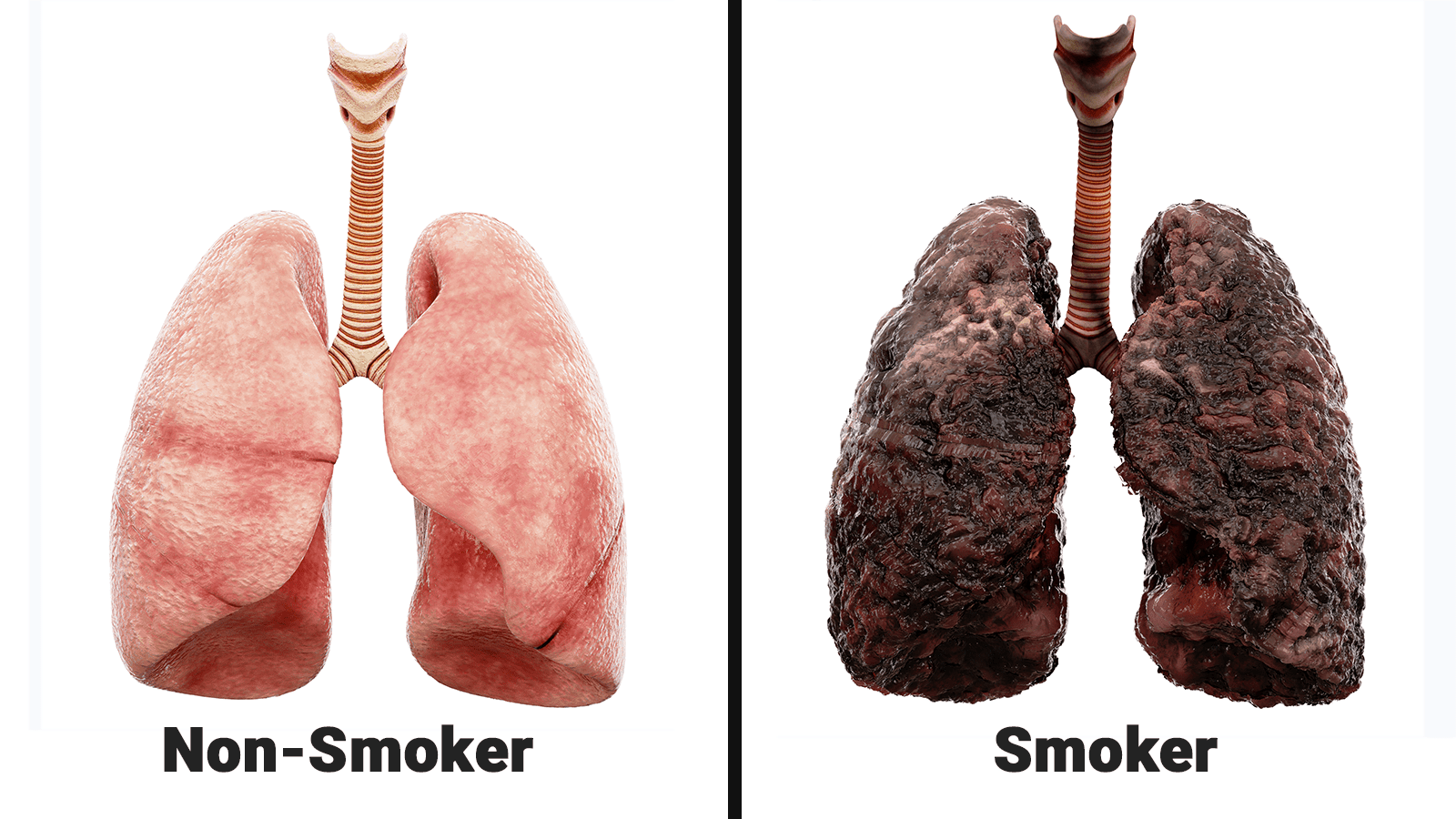If you’re shy or someone with an INFJ personality, you know all too well the challenges that come with this personality type, especially in the realm of dating. However, this does not mean you’re destined to spend your life being single, but it does mean you have to find coping mechanisms to get you through some “sticking points.” Surprisingly, many of the dating strategies employed by extroverts can help you too, the shy or INFJ personality type. In this article, we will detail a few great first date ideas that can ease your anxiety and allow you to enjoy the time you’re spending with a potentially new boyfriend or girlfriend.
GETTING COMFORTABLE AS AN INTROVERT
The days or moments leading up to your date can be panic-inducing, but a great to combat these feelings of angst is by doing something that will allow you to feel more confident and, more importantly, comfortable in your own skin. What does this mean, exactly? Well, it could be something as small as buying a new pair of shoes or getting a fresh haircut. Although these things may seem trivial to some, they can go a long way towards easing your anxiety leading up to your date and also allow you to be “present in the moment” while you’re with that special someone.
HOW SHORTER DATES CAN BENEFIT AN INTROVERT
Short dating events can help alleviate the stress of a first date; they help avoid those potentially awkward pauses in conversation, and they remove expectations. But you needn’t fret; if you’re having a good time, there is always the option of extending the date. To that point, it is far easier to plan a shorter date than it is to cut a long one short. This is a common dating strategy used by extroverts and serial daters, and it is one that can benefit you as well.
CHOOSING THE RIGHT DATE LOCATION
Much like in the real estate world, location matters when it comes to dating comfort, especially on first dates. Having your first date at a familiar restaurant or bar removes the challenges of getting to know one another while taking in an entirely new atmosphere, not mention menu items and drinks specials. As such, you are more likely to familiar with the staff, table arrangements, and parking, which enable you to concentrate on the tasks at hand, getting know you prospective boyfriend or girlfriend and having a great first date.
If you have gotten this far in the article, there are obviously some points that resonate with you and some that you’re thinking about putting into practice yourself. If so, continue reading as we’re just getting to the good stuff.
PRACTICE MAKES PERFECT
As part of preparing before your next date, you should practice social acuity, which can be a matter of role-playing with a friend. And as strange as this may sound, it is a very effective strategy worth employing in the days leading up to your date. So what does this entail, exactly? Well, it involves practicing your verbal and nonverbal interactions until they seem effortless. This includes having witty anecdotes prepared and also practicing gestures and facial expression. Think about it, these are the tenets of a great job interview, but they can also be applied to dating too. After all, a date is nothing more than a social interview to find that ideal partner.
WHY YOU SHOULD ASK OPEN-ENDED QUESTIONS
The benefit of asking open-ended the questions is that it takes the focus off of you and transfers it to the person you’re engaging with, which, in turn, temporarily relieves any anxious feeling you may be experiencing at that moment. To make this easier, consider having a few questions ready to fire off like “what do you do for a living,” for example. In addition, you might even want to consider some of the following questions as well:
- What do you like to do for fun?
- What are your favorite sports teams?
- Have you seen any good movies lately?
- What are your favorite foods?
Basically, these are surface level questions that are not overly intrusive but allow you to get to know one another. Also, they can help soothe those first date jitters. If you are on the receiving end of these questions, it is important that you avoid oversharing as that can make for a very awkward experience for both parties. Instead, offer witty retorts and try to keep the conversation as engaging as possible. Lastly, try to avoid topics that are polarizing like politics and religion, for example.
ACTIVITY-BASED DATING
For many introverts, a traditional dinner date may prove uncomfortable. As such, activity-based dating may be a great alternative. So what is activity-based dating, exactly? Well, as the name may suggest, these are dates whereby both individuals are engaged in fun activities like bowling, billiards or, weather permitting, amusement parks, go-cart racing, for example. Let’s face it’s hard to become overwhelmed by shyness or introversion when you’re doing something that you really enjoy.
WHY YOU SHOULD PREPARE AN ESCAPE PLAN
Having an escape plan for a possible failed date is always a good idea, but if you’re an introvert, this is a must-have. If your date starts displaying what you perceive as red flags, you need an exit strategy, which could include having a friend or family member call or text you midway into your date. This provides you with an excuse to end the day if things seem to be going awry. As an introvert, it is not uncommon for us to feel like we have to “go with the flow” in a given situation. When it comes to dating, however, this practice can turn a bad evening into a nightmare. Some signs of a bad date may include
- Making disparaging remarks concerning past relationships
- Behaves in a narcissistic manner
- Becomes disrespectful towards restaurant or bar staff
Being an introvert can be a double-edged sword; on the one hand, introvert traits like being perceptive, introspective, and observant allows us to recognize red flags quickly. But we also tend to suppress our feelings in the interest of not making a scene or being perceived poorly by others. That said, you don’t have to endure a bad date because you’re introverted.
AVOID HIDING THE FACT THAT YOU’RE INTROVERTED
The one thing that is salient amongst those who are introverted is a desire to hide the fact that they are introverted. This is akin to the “fake it until you make it” a tactic that many people use to get through a particularly challenging situation. On a date, however, this can backfire, usually resulting in the other person not getting a chance to know the real you.
WHY YOU SHOULD AVOID DRASTIC CHANGES AS AN INTROVERT
Often in our quest to impress others, we try to reinvent ourselves. If you do this, you could be adding to your anxiety as opposed to alleviating it. How is this possible, you ask? Well, dramatic changes like getting a facial peel, for example, can cause you to feel self-conscious during your date. Instead of focusing on your date, you may find yourself obsessing about whether or not they notice any redness or puffiness on your skin. This is not conducive to a great first date in that it doesn’t allow you to feel calm and “in the moment.” Although feeling self-conscious is one of many introvert traits, avoiding drastic changes can help you avoid feeling this way.
AVOID RUMINATING THOUGHTS
As an introvert, we have the propensity to replay scenarios in our heads, obsessing about we have done and what could have been done better. This is both a blessing and a curse, depending on context; however, when it comes to dating, it is a practice worth avoiding as it can reinforce feelings of anxiety, which can manifest themselves in future dates. Remember, what’s done is done. If you’ve made mistakes, learn from them and keep moving forward. In saying that, this is not an attempt to berate introverts as introspection and ruminating thoughts are common introvert traits. However, it is still worth noting that these thoughts do not serve you in the aftermath of your date.
BE YOURSELF
Acknowledging your anxiety and being yourself is one of the best ways to get through your first date if you’re introverted. By putting on a fake façade, you allow the other person to fall for the person you are pretending to be rather than who you actually are when you’re not in an anxiety-inducing situation.
FOCUS ON YOUR BREATHING
A common introvert trait while in an uncomfortable situation includes labored breathing, which can heighten feelings of anxiousness. If you encounter this problem on your date, consider taking deep breaths as a means of calming yourself down. Deep, measured breathing can yield a number of benefits including lowering your heart rate and numbing your anxiety.
In summation, don’t let your normal introvert traits keep you from finding the person of your dreams and a fulfilling relationship. Make no mistake, you will have to work a little harder than someone who is extroverted, but there is no reason why you can’t find success in the dating world in spite of your introvert traits.
https://www.youtube.com/watch?v=B1u8qaermPc











